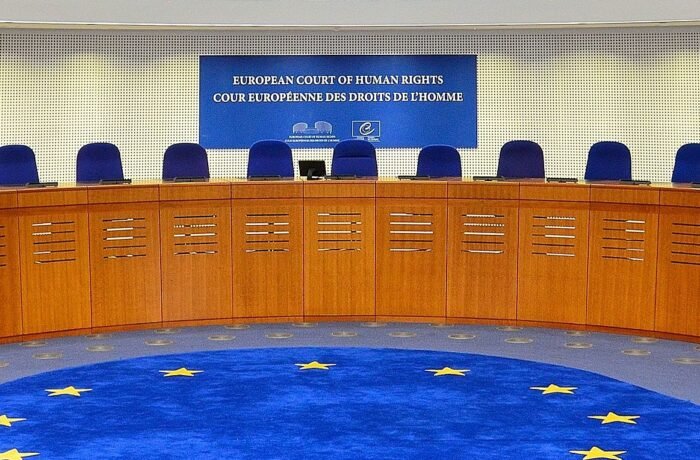The Italian Federation for Human Rights (FIDU) submits this third-party intervention under Article
36 § 2 of the European Convention on Human Rights and Rule 44 § 3 of the Rules of Court,
following leave granted by the President of the European Court of Human Rights (“the Court”).
FIDU, founded in 1987, advocates for human rights, democracy, and the rule of law. It has
contributed expertise on judicial independence and counterterrorism laws in cases like Altıntaş v.
Turkey and the execution of the Yüksel Yalçınkaya judgment1. FIDU has analyzed numerous
court rulings on Turkey’s counterterrorism practices and closely monitored high-profile trials,
including the “young girls’ case” in Istanbul.2 Through courtroom observations and consultations
with legal experts and civil society, FIDU has gained critical insights into terrorism-related trials in
Turkey. The following observations stem from its extensive experience in this field. This
submission aims to assist the Court in its examination of the case Yasak v. Turkey by providing
an expert analysis of the legal and factual context surrounding the application of Turkey’s anti-
terror legislation, particularly Article 314 of the Turkish Penal Code and Anti-Terror Law No. 3713,
in light of the requirements of foreseeability and legal certainty under Article 7 of the Convention.
FIDU’s submission highlights critical legal issues raised by this case, including:
- The assessment of “membership in a terrorist organization” by Turkish courts and its
compliance with the foreseeability criterion under Article 7 of the Convention. - The problematic designation of the Gülen Movement as a terrorist organization, as noted
in the UN Special Rapporteurs’ allegation letter (ALTUR 5/2024), and its far-reaching
implications for criminal liability under Article 314 of the Turkish Penal Code.
Considering the specific circumstances of the case, the Court is faced with a highly significant
and complex new case that may extend beyond the Turkish context. While the Court made certain
findings in Yüksel Yalçınkaya judgment, the fact that, since that decision, Turkey has not
implemented general measures even within the narrowest interpretation of that ruling—nor has it
taken general measures to apply it—necessitates further clarification of the principles established
in Yüksel Yalçınkaya. Additionally, despite the apparent lack of any difference from the Yüksel
Yalçınkaya case, individuals have continued to be convicted daily for actions that do not constitute
a criminal offense and cannot be associated with terrorism-related crimes. Since the Court found
a violation in Yüksel Yalçınkaya, the relatively narrower scope of review conducted in that case
might have been regarded as tolerable at the time. However, it now appears insufficient to provide
an adequate solution for complex cases such as the present one, as well as for future cases the
Court may examine. FIDU respectfully suggests that the Court may wish to refine the principles
outlined in the Yüksel Yalçınkaya judgment to enhance their comprehensibility for the respondent
state.
FIDU submits this intervention to support a fair decision in Yasak v. Turkey, reinforcing the rule
of law and ensuring counter-terrorism measures align with human rights standards.
Read the full opinion here


